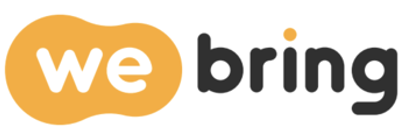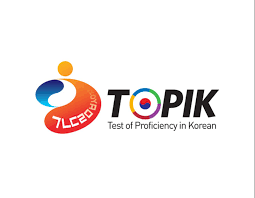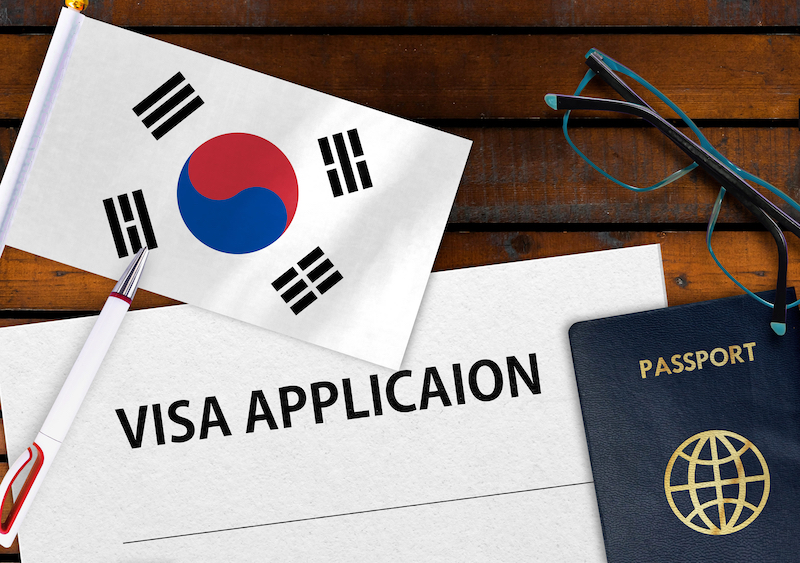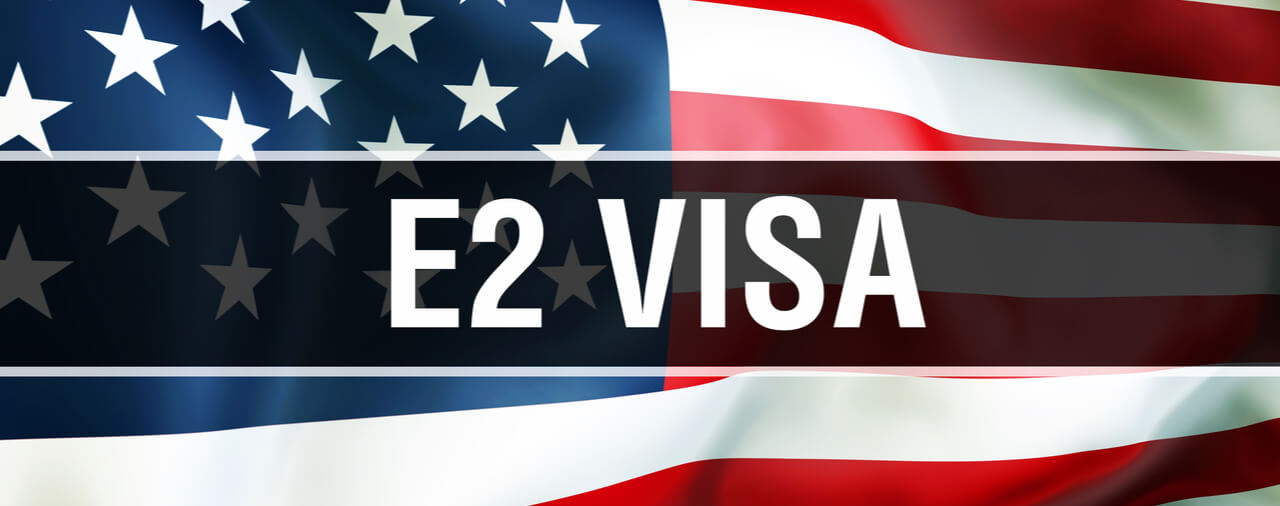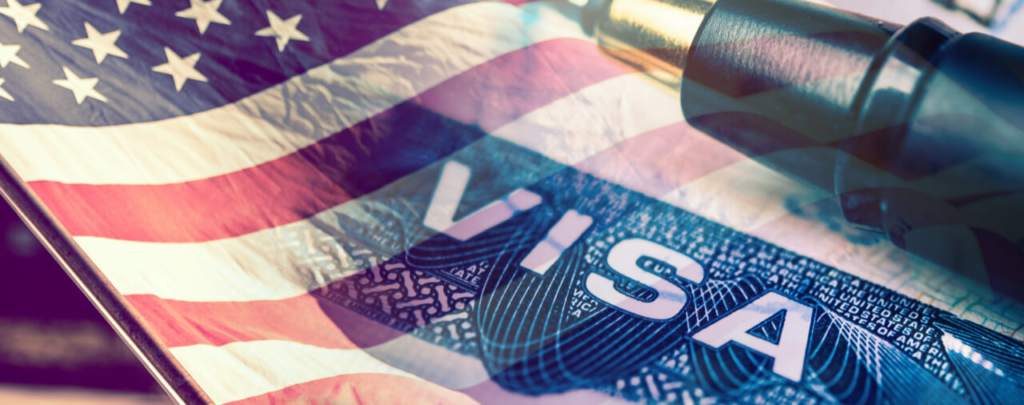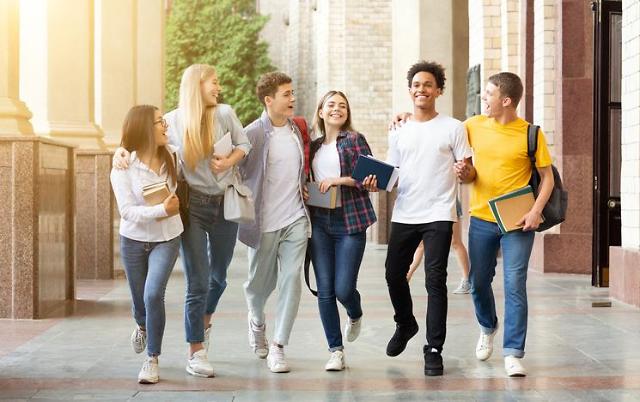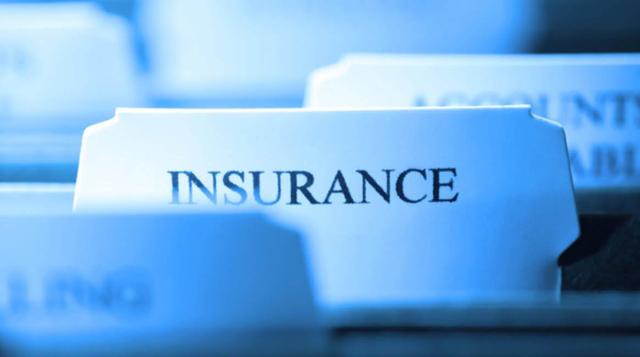Introduction: The Official Way to Prove Your Korean Proficiency
If you’re a foreigner hoping to study or work in Korea, you’ve probably heard of the TOPIK (Test of Proficiency in Korean) at least once. TOPIK is a government-certified exam that objectively evaluates the Korean language skills of non-native speakers and is widely used for academic admission, employment, and even visa applications. However, many learners find the test system, levels, and effective study methods confusing. In this post, we’ll explore in detail how to study for the TOPIK — from exam information to practical study tips.
The History and Basic Structure of TOPIK
TOPIK was first introduced in 1997 and has been held regularly ever since. It originally started under the name “Korean Language Proficiency Test,” but after restructuring, it was divided into two categories: TOPIK I (Beginner–Intermediate) and TOPIK II (Intermediate–Advanced). Currently, proficiency is divided into six levels — Level 1–2 for TOPIK I and Levels 3–6 for TOPIK II.
The exam consists of three sections: listening, reading, and writing. TOPIK I includes only listening and reading, while TOPIK II follows the order of listening, writing, and reading, evaluating one’s essay-writing ability in Korean. The total exam time also varies — TOPIK I lasts about 100 minutes, while TOPIK II takes around 180 minutes. Instead of a pass/fail system, the score determines your level, so it’s advisable to set your target level or score in advance.

Why Take TOPIK: From Study Abroad and Employment to Personal Growth
To apply for Korean universities or graduate schools, most institutions require a TOPIK Level 3 or higher. Some programs even demand Level 4 or above, so always check in advance. Many foreigners also take the TOPIK to prove their Korean ability for employment purposes, as some companies prefer applicants with Level 4 or higher. Additionally, TOPIK scores can be beneficial when applying for permanent residency, international marriage visas, or Korean citizenship.
Even if you don’t have a specific institutional reason, preparing for TOPIK can serve as strong motivation to finish your Korean studies systematically. For example, setting a goal like “I’ll earn TOPIK Level 5 someday” gives you a clear purpose and helps strengthen all key skills — listening, reading, and writing. Even if you don’t pass, you’ll notice significant progress in your Korean ability throughout the study process.
Getting Started: Prepare for TOPIK, Building a Strong Foundation in Vocabulary and Grammar
When preparing for the TOPIK, the first priority should be to solidify your foundation in vocabulary and grammar. Since most questions — in listening, reading, and writing — rely heavily on vocabulary, exposing yourself to diverse Korean words and expressions through news articles, magazines, or textbooks is key. The official TOPIK website and prep books also include level-specific vocabulary lists, so make sure to master the essential words for your target level.
Grammar must also be studied systemically. For instance, connective endings like “-에 따르면 (according to),” “-(으)며 (and/while),” “-(으)ㄹ수록 (the more…),” and “-기는 하지만 (although)” frequently appear in both listening and reading sections. If you’re aiming for an intermediate or higher level, try writing your own example sentences and seek native feedback (or from a language exchange partner) to ensure accuracy and fluency.
Listening Section Strategies: Real-Life Exposure and Understanding Question Types
The TOPIK listening section includes formats such as dialogues, monologues, and announcements. Some questions mimic news broadcasts or daily conversations, so it’s helpful to get used to diverse speaking styles through Korean dramas or YouTube channels. For example, listening to radio news or podcasts regularly and training yourself to extract key information will help you stay calm and focused during the actual exam.
TOPIK listening questions vary in style. For example, questions like “What is the speaker’s purpose?” or “What will the person do next?” require you to grasp the overall context rather than individual words. Reviewing common question patterns in advance — such as “What is the main point?” or “What should the man do next?” — can be extremely useful for efficient listening comprehension.
Reading Section Strategies: Skimming and Scanning Skills
The reading section includes a wide range of passages — from short letters and announcements to long, complex texts. While TOPIK I mainly covers simple writings, TOPIK II can extend to newspaper editorials, opinion essays, or specialized topics. This makes strong reading comprehension the core of achieving a high score on the TOPIK.
When tackling reading questions, first identify the purpose — what information the question is asking for — then skim the passage for its main idea and scan specific sections for details. Reading every word carefully often leads to running out of time. Instead, train yourself to recognize key information and summarize each paragraph’s main points. This habit will significantly improve your reading efficiency and overall score.
Writing Section Strategies: Logical Structure and Vocabulary Variety
The writing section of TOPIK II is considered one of the most challenging parts of the exam. It includes tasks that require interpreting given data (graphs, tables, etc.) as well as essay-type questions that ask for personal opinions. Completing the required length demands not only language ability but also logical reasoning and structural organization. For example, an essay topic like “Suggest solutions for environmental pollution” should be structured into introduction–body–conclusion with clear arguments and supporting examples.
To strengthen your writing skills, practice writing short essays regularly. Choose a current event or newspaper article and summarize it in around 200–300 characters. Use a variety of connecting expressions like “According to…” or “However, despite…” to improve your flow and cohesion. Getting feedback from a native teacher or language study group will help correct grammatical errors and refine awkward phrasing, which greatly boosts your writing accuracy.
Practice Through Mock Tests and Time Management
One of the most crucial parts of preparing for TOPIK is adapting to the actual test environment. No matter how much theory you study, the real exam has time limits and specific formats, so taking mock tests under timed conditions is essential. Access past questions from the official TOPIK website or textbooks, and practice solving them within the allocated time.
Especially in TOPIK II, where you must complete listening, writing, and reading within a fixed timeframe, efficient time allocation is key. Spending too long on the writing section may leave insufficient time for the reading section. Through practice exams, identify your strengths and weaknesses and develop a strategy to leverage your strongest sections while managing weaker areas effectively during the real test.
Registration and Score Utilization
TOPIK is held not only in Korea but also in major cities around the world. You can take the test at Korean language centers, cultural institutes, or partner universities abroad. Check regional test schedules on the official TOPIK website. Registration usually opens one to two months before the test and is done online via payment.
The score report is typically released about a month after the test and can be viewed online. It includes separate scores for listening, reading, and writing, as well as the total score and assigned level. You can submit this report to institutions that require proof of Korean proficiency. Some organizations also impose a TOPIK score validity period (typically two years), so make sure to verify that in advance.
Conclusion: The True Value of Studying for TOPIK
Ultimately, the TOPIK is more than just a test — it’s an opportunity for learners to master Korean systematically. Since it requires balanced practice in listening, reading, and writing, your overall communication skills improve naturally. Although preparing for the exam may be challenging, the sense of achievement after earning your target level is deeply rewarding.
Moreover, TOPIK serves as an official gateway to studying, working, or living in Korea. For instance, with a Level 4 or higher, you’ll be equipped to understand specialized terminology, follow university lectures smoothly, and communicate effectively in the workplace. Overcoming the language barrier is essential to truly understanding Korean culture — so use your TOPIK journey as an opportunity to fall even deeper in love with the Korean language.

K-Name Studio: Create your perfect Korean name based on your personality and style.
What’s My K-Beauty Personal Color?
WeBring Service : Provides personalized services to foreigners living in Korea
Exclusive offer: Introducing foreign car rental in Korea, WeBring-SoCar
